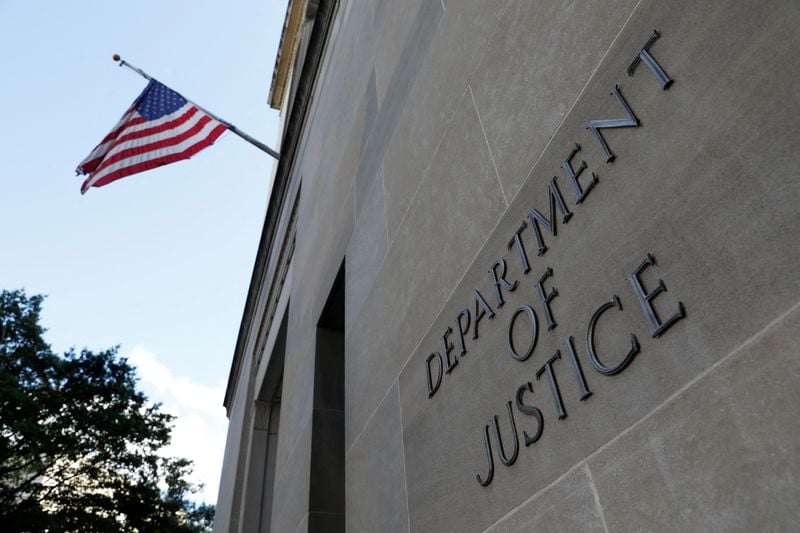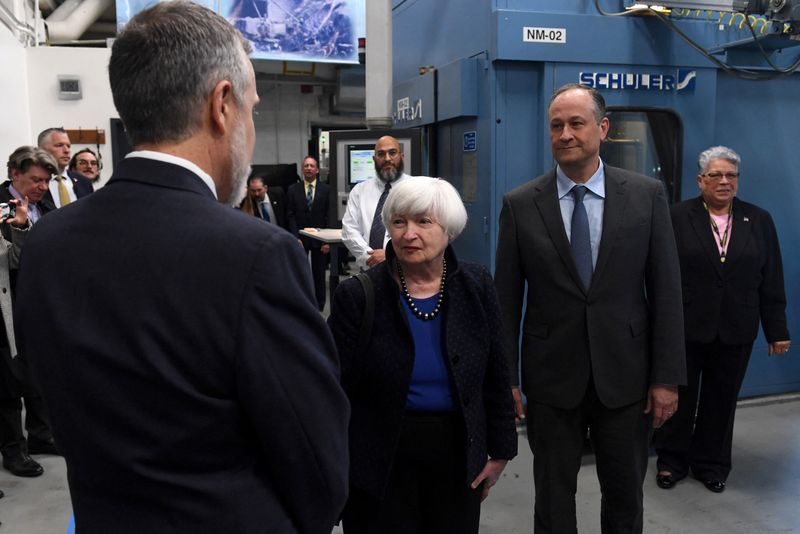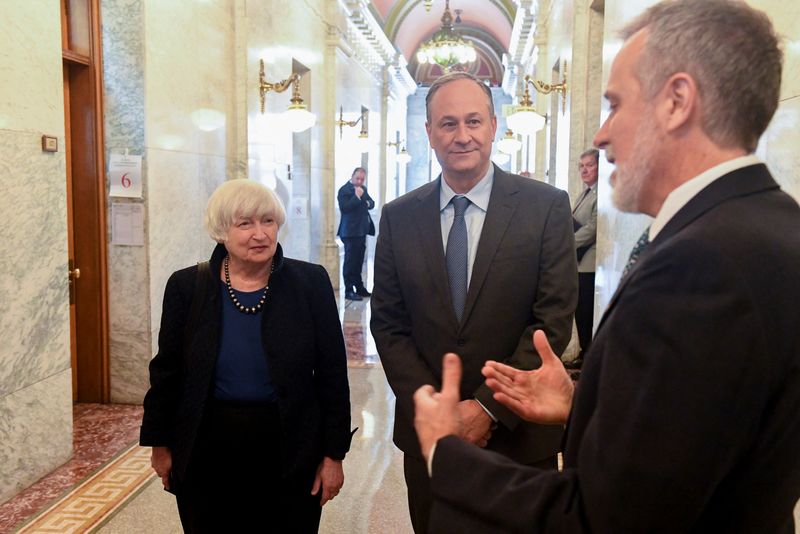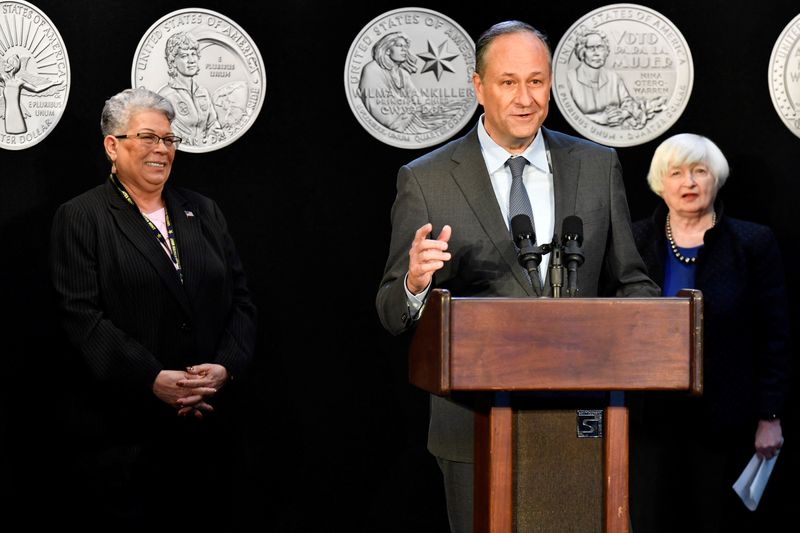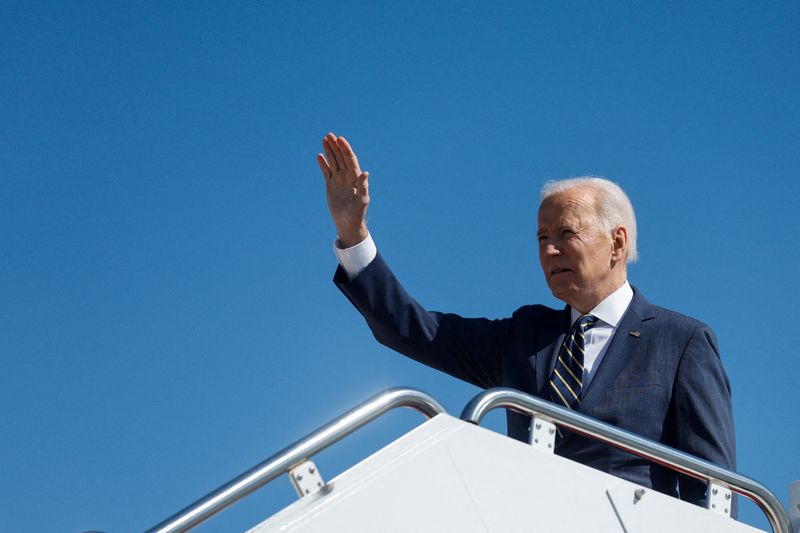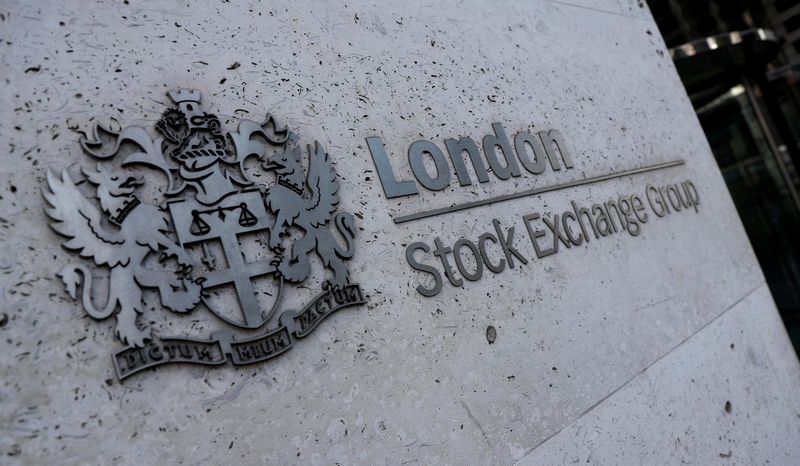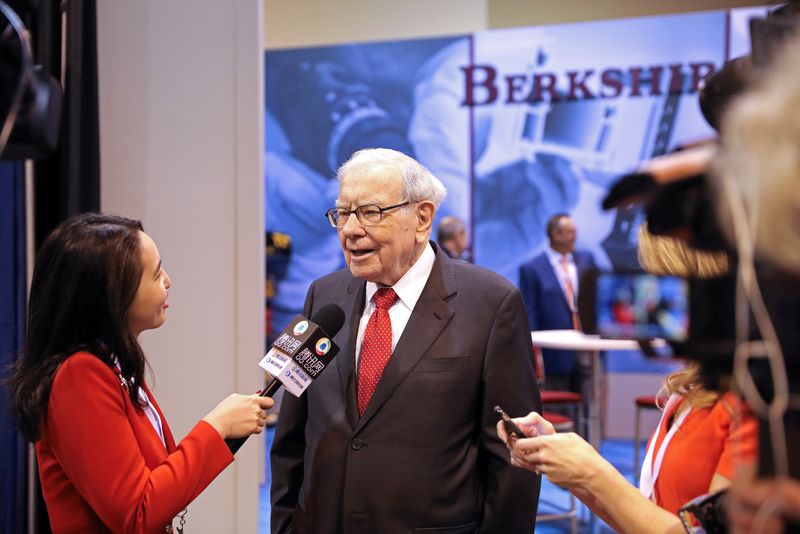BOSTON – A Fitchburg man pleaded guilty today in federal court in Worcester for his role in a wide-ranging fentanyl, heroin, crack and cocaine trafficking conspiracy.
Branny Taveras, 39, pleaded guilty to conspiracy to distribute and to possess with intent to distribute one kilogram or more of heroin, 400 grams or more of fentanyl, 280 grams or more of cocaine base (commonly known as crack cocaine) and 500 grams or more of cocaine. U.S. District Court Judge Timothy S. Hillman scheduled sentencing for Sept. 14, 2022.
According to court documents, following a fatal fentanyl overdose in September 2018, law enforcement began an investigation into a drug trafficking organization (DTO) in the Fitchburg area led by co-conspirators Pedro Baez and Anthony Baez. Beginning in July 2019, electronic communications revealed that Taveras and others in the DTO distributed a fentanyl and heroin mixture on a regular basis to individuals in the Fitchburg area, including to Pedro and Anthony Baez, who redistributed that mixture to others.
Over the course of the investigation, agents seized over 1.8 kilograms of a heroin and fentanyl mixture, over 3.6 kilograms of cocaine and over 50 grams of crack cocaine, as well as a stolen, loaded handgun, drug manufacturing equipment and over $376,000. Taveras was responsible for distributing over 400 grams of a fentanyl and heroin mixture.
Taveras was charged along with 17 others in July 2020. He is the 11th defendant to plead guilty in the case. In December 2020, Anthony Baez was sentenced by Judge Hillman to 13 years in prison. Pedro Baez pleaded guilty on Feb. 3, 2021 and is scheduled to be sentenced on May 17, 2022.
United States Attorney Rachael S. Rollins; Joseph R. Bonavolonta, Special Agent in Charge of the Federal Bureau of Investigation, Boston Division; Commissioner Carol Mici of the Massachusetts Department of Correction; and Colonel Christopher Mason, Superintendent of the Massachusetts State Police made the announcement today. The Fitchburg Police Department, U.S. Postal Inspection Service and the Lunenburg Police Department also provided valuable assistance. Assistant U.S. Attorney Alathea Porter of Rollins’ Narcotics and Money Laundering Unit is prosecuting the case.
The operation is part of an Organized Crime Drug Enforcement Task Forces (OCDETF) Strike Force Initiative, which provides for the establishment of permanent multi-agency task force teams that work side-by-side in the same location. This co-located model enables agents from different agencies to collaborate on intelligence-driven, multi-jurisdictional operations to disrupt and dismantle the most significant drug traffickers, money launderers, gangs, and transnational criminal organizations.
The details contained in the indictment are allegations. The remaining defendants are presumed innocent unless and until proven guilty beyond a reasonable doubt in a court of law.
